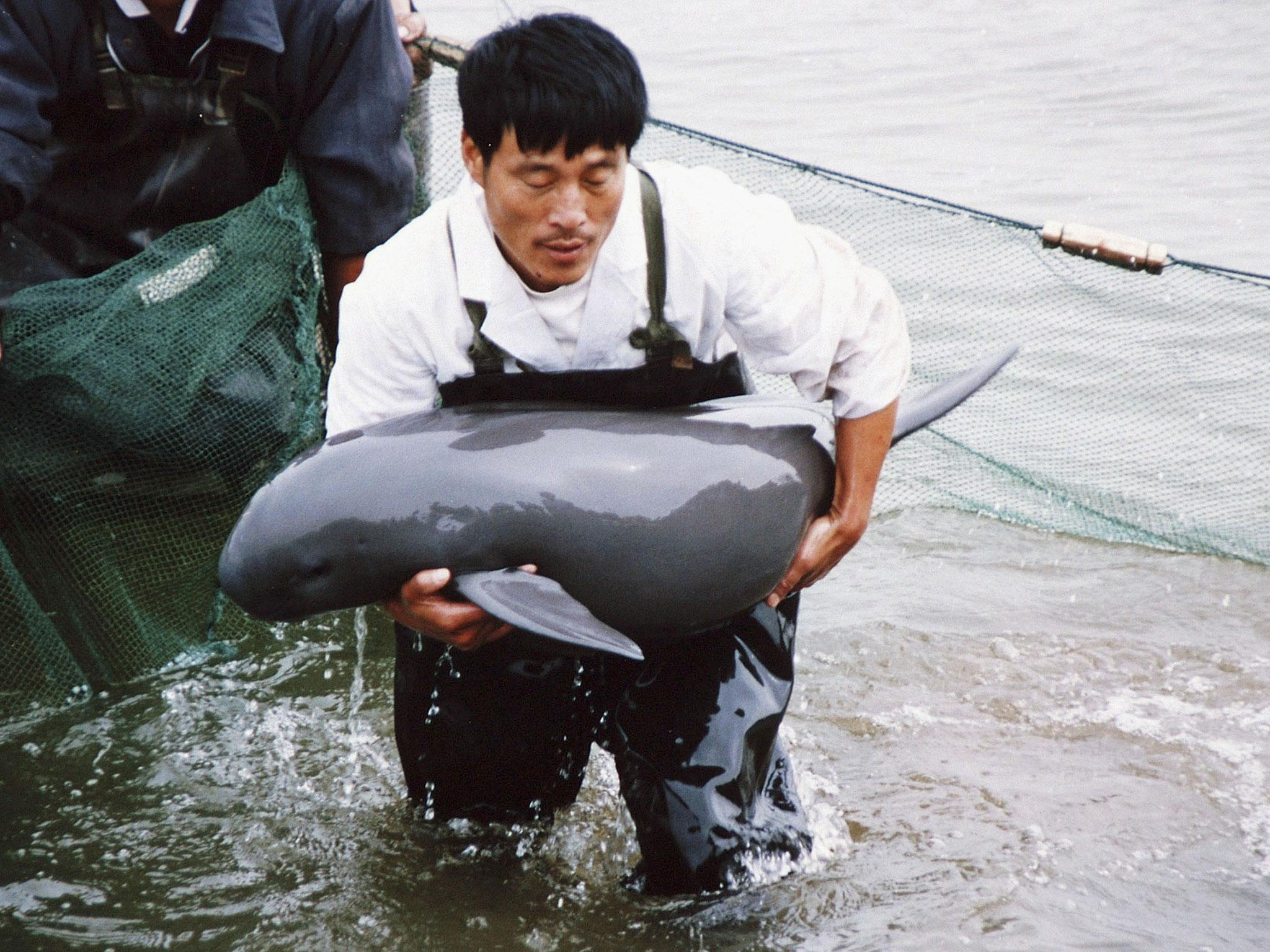China toughens laws on eating endangered animals
The revised law concerns the purchase, production and selling of state-protected wild animals and their derived products

China has tightened its laws on the purchase, production and selling of endangered animals in the country in a bid to crack down on the illegal trade.
The Chinese government passed a law two years ago that ruled any consumption of rare wild animals would result in a maximum sentence of 10 years imprisonment.
But as of 1 January 2017, people who produce, sell or purchase state-protected wild animals and their derived products for food could face criminal penalties, Xinhua news agency reported.
Yue Zonhming of the National People’s Congress’s (NCP) Standing Committee’s Legislative Affairs Commission, said the change to the law will also bring in a ban on hunting, selling, purchasing and using state-protected animals for any use other than scientific research, captive breeding, or population regulation, among other purposes.
The new law also calls for the government to revisit the special state protection list of animals every five years to re-evaluate the state of the species listed.
Mr Yue said this re-evaluation would mean species such as the sika deer, which are bred in captivity, would be able to be removed from the list following millions of the animals having been bred under controlled conditions across the country.
It would also mean being able to re-classify critically endangered animals such as the finless porpoise, which should be moved up to the first-class state-protection list, he added.
Join our commenting forum
Join thought-provoking conversations, follow other Independent readers and see their replies
Comments